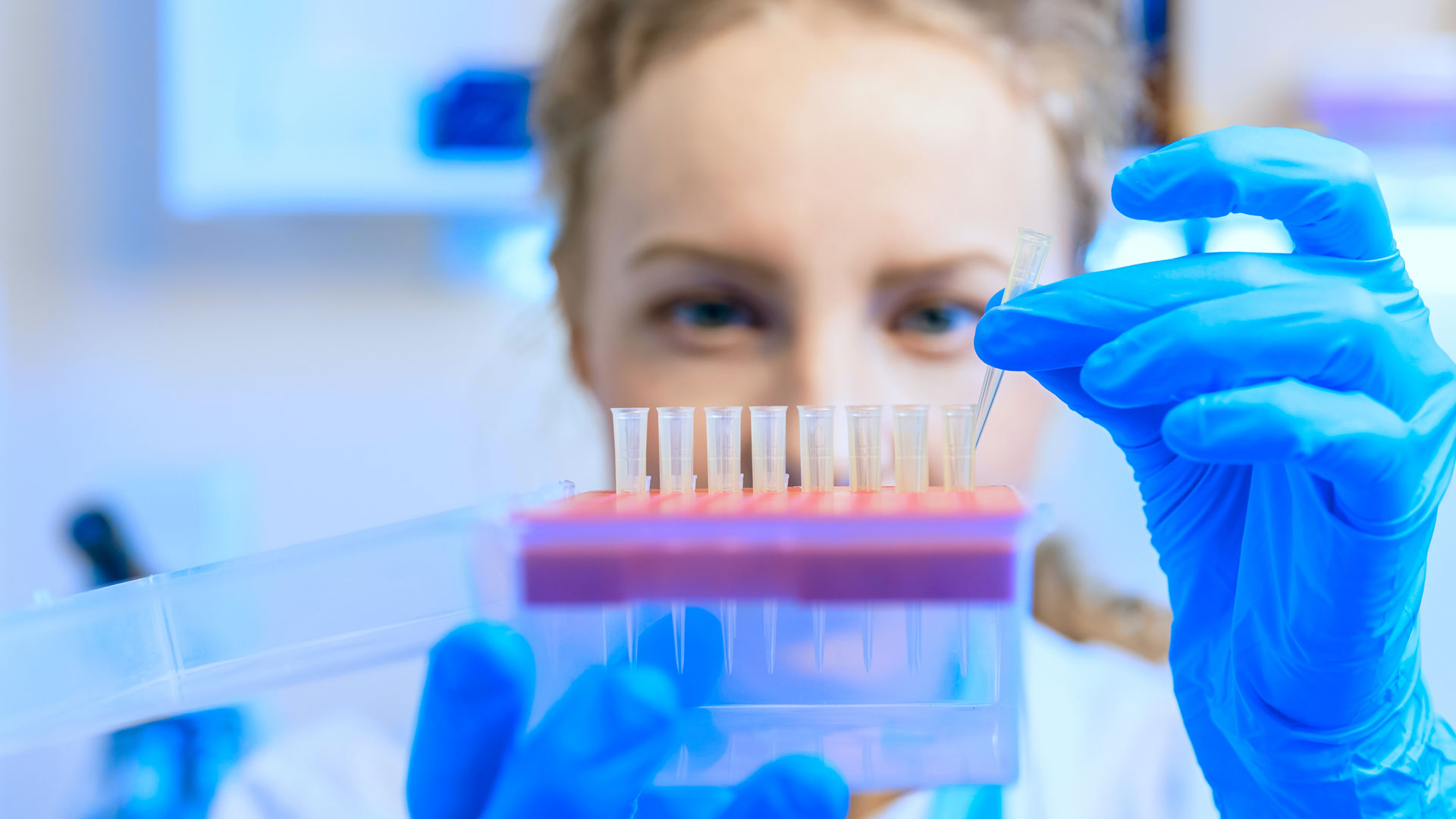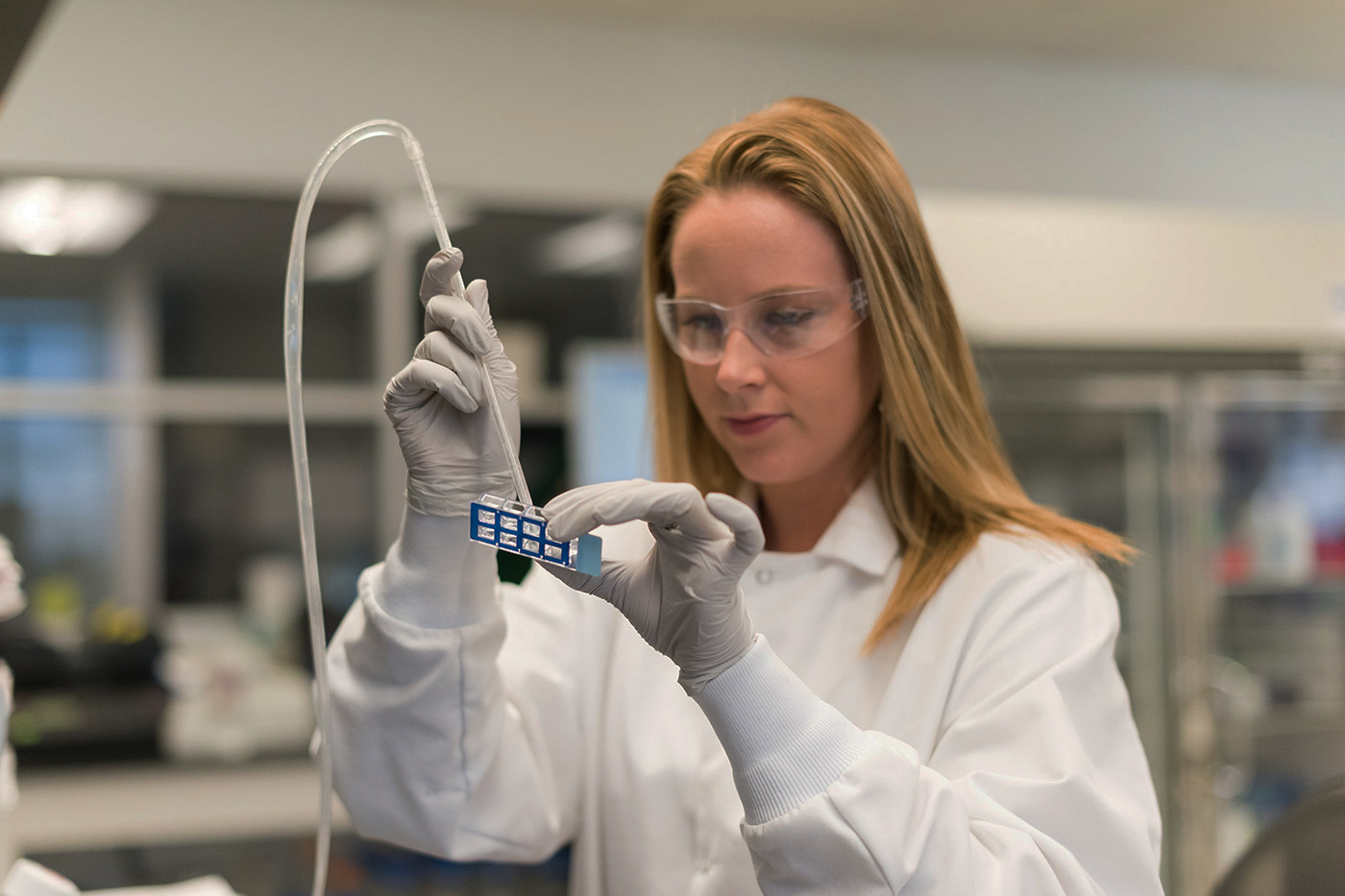- Home
- Our Services
CANCERS WE TREAT
TREATMENT OPTIONS
- About Us
About North Houston
Cancer ClinicsNorth Houston Cancer Clinics is a leading cancer center specializing in treating various types of cancers and blood disorders.Meet our specialized cancer care team
Choosing excellence, transforming cancer care together
Quality Oncology Practice Initiative (QOPI) Certification Program
Discover Our Healing Spaces: Virtual Office TourFirst day visit at North Houston Cancer Clinics
Real Stories, Inspiring Journeys, Patient Testimonies
- New patient
Becoming a patient at North Houston Clinics
Embark on your journey to health with us. Seamless, compassionate care awaits as you become a patient at North Houston Clinics.
Effortless Registration, Portal to Wellness JourneyYour Health, Your Time, Your AppointmentFrequently Asked Questions For New Patients - Blogs
- Contact Us
- Home
- Our Services
CANCERS WE TREAT
TREATMENT OPTIONS
- About Us
About North Houston
Cancer ClinicsNorth Houston Cancer Clinics is a leading cancer center specializing in treating various types of cancers and blood disorders.Meet our specialized cancer care team
Choosing excellence, transforming cancer care together
Quality Oncology Practice Initiative (QOPI) Certification Program
Discover Our Healing Spaces: Virtual Office TourFirst day visit at North Houston Cancer Clinics
Real Stories, Inspiring Journeys, Patient Testimonies
- New patient
Becoming a patient at North Houston Clinics
Embark on your journey to health with us. Seamless, compassionate care awaits as you become a patient at North Houston Clinics.
Effortless Registration, Portal to Wellness JourneyYour Health, Your Time, Your AppointmentFrequently Asked Questions For New Patients - Blogs
- Contact Us
Cancer Target Therapy
At NH Cancer Clinics, we believe in the use of advanced treatments against bile duct cancer.
Cancer Targeted Therapy for Advanced Treatments
What Does it Mean By Targeted Therapy?
Targeted therapies are drugs or substances designed to interfere with specific molecules involved in the growth, progression, and spread of cancer. Unlike chemotherapy which affects both normal and abnormal cells, targeted therapies are very specific for cancer cells thus minimizing damage to normal tissues. This approach enhances treatment effectiveness and minimizes side effects thereby improving outcomes.
Importance of Targeted Therapy:
The challenges posed by bile duct cancers necessitate the utilization of innovative approaches for effective treatment. At NH Cancer Clinics, targeted therapy has been acknowledged as pivotal in revolutionizing care especially when dealing with bile duct carcinoma.
Targeted Therapy at NH Cancer Clinics
Our emphasis on excellence can be seen through our endeavors to make targeted therapy a fundamental aspect of treating cancer patients. It is our aim through Call-to-Action (CTA) content creation to educate and inspire patients so that they experience tailored choices of treatments prioritizing their welfare. As we apply targeted therapy, we focus on the root cause of bile duct cancer and that is the way to better outcomes and higher quality of life.


Targeted Therapy Works and How Effective It Is
At NH Cancer Clinics, our philosophy is built around harnessing the transformational power of targeted therapy so that each patient can access personalized care for ultimate healing and restoration.
Working Principle of Targeted Therapy
Types Of Targeted Therapy
- Monoclonal Antibodies: Molecules that are artificially made in the laboratory to mimic the immune system’s capability to defend itself against harmful pathogens. Therefore, these can be designed to specifically interact with cancerous cell surface proteins which arrest their growth or promote their death.
- Small Molecule Inhibitors: Drugs whose selectivity interferes with crucial molecules or pathways for cancer cells’ viability and division. By targeting these, small molecule inhibitors are effective in stopping tumor growth and metastasis.
- Signal Transduction Inhibitors: These drugs disrupt signaling pathways within cancer cells that are responsible for promoting their growth and survival. As such, signal inhibitors may slow down tumor progression while enhancing other treatments’ efficacy.


Problems of Targeted Therapy
How Targeted Therapy Works
At NH Cancer Clinics we are dedicated to making use of targeted therapy to provide our patients with individualized, efficient, and compassionate care. If you or a family member is dealing with bile duct cancer, we are here to give you the support you need and hope on your way to healing.
